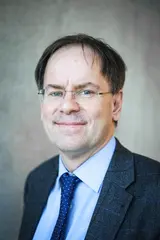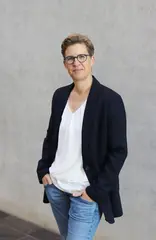The theologians involved are particularly interested in the implications that these changes bring to ecclesiology, and thus to the self-understanding of the church. Scientific analysis is necessary, but at the same time it is necessary to develop new theological perspectives in order to be able to deal with the crisis and formulate future scenarios for church life. The systematists Judith Gruber (Leuven), Gregor Maria Hoff (Salzburg) and Julia Knop, as well as the liturgical researcher Benedikt Kranemann (both Erfurt) initiated the project. Together with doctoral students and postdocs who will be involved in the coming years, they contribute specific expertise. While in Leuven intensive research has been done on liberation theology in recent years, in Salzburg questions of the theory of religion and culture have been in the foreground for a long time. In Erfurt, work has also been going on for a long time in the Theological Research Centre on questions of theology, church and secularisation.
The research team has already worked together in various contexts: Currently, an international publication project is in progress that deals with the reception of the Amazon Synod in and for Europe. For further cooperation, especially with young theologians, a European Graduate School for Research is now to be established. Small teams will work at the three locations. "For the Theological Research Centre," say Knop and Kranemann, "this will open up further perspectives for internationalisation." Networking will be ensured both digitally and through on-site workshops and research visits. The PhD students and postdocs should also benefit from the academic profile of the different universities. Fellows who will work at the various locations and in the overall project will also contribute to cooperation. Joint supervision of doctoral students is planned, as well as excursions, conferences and joint publications. Other researchers, also beyond Erfurt, Leuven and Salzburg, are to participate in the project, which is initially scheduled to run for three years.
The Stifterverband has now made 1.2 million euros available for the entire project. Various scholarships for the project will soon be announced at the University of Erfurt. A first digital meeting of all participants is planned for the beginning of the winter semester. As the Corona pandemic subsides, workshops will then quickly take place in presence.
![[Translate to English:] [Translate to English:] Nachwuchsforscher im Gespräch](/fileadmin/_processed_/7/1/csm_Theologisches_Forschungskolleg_75f01684b5.webp)


